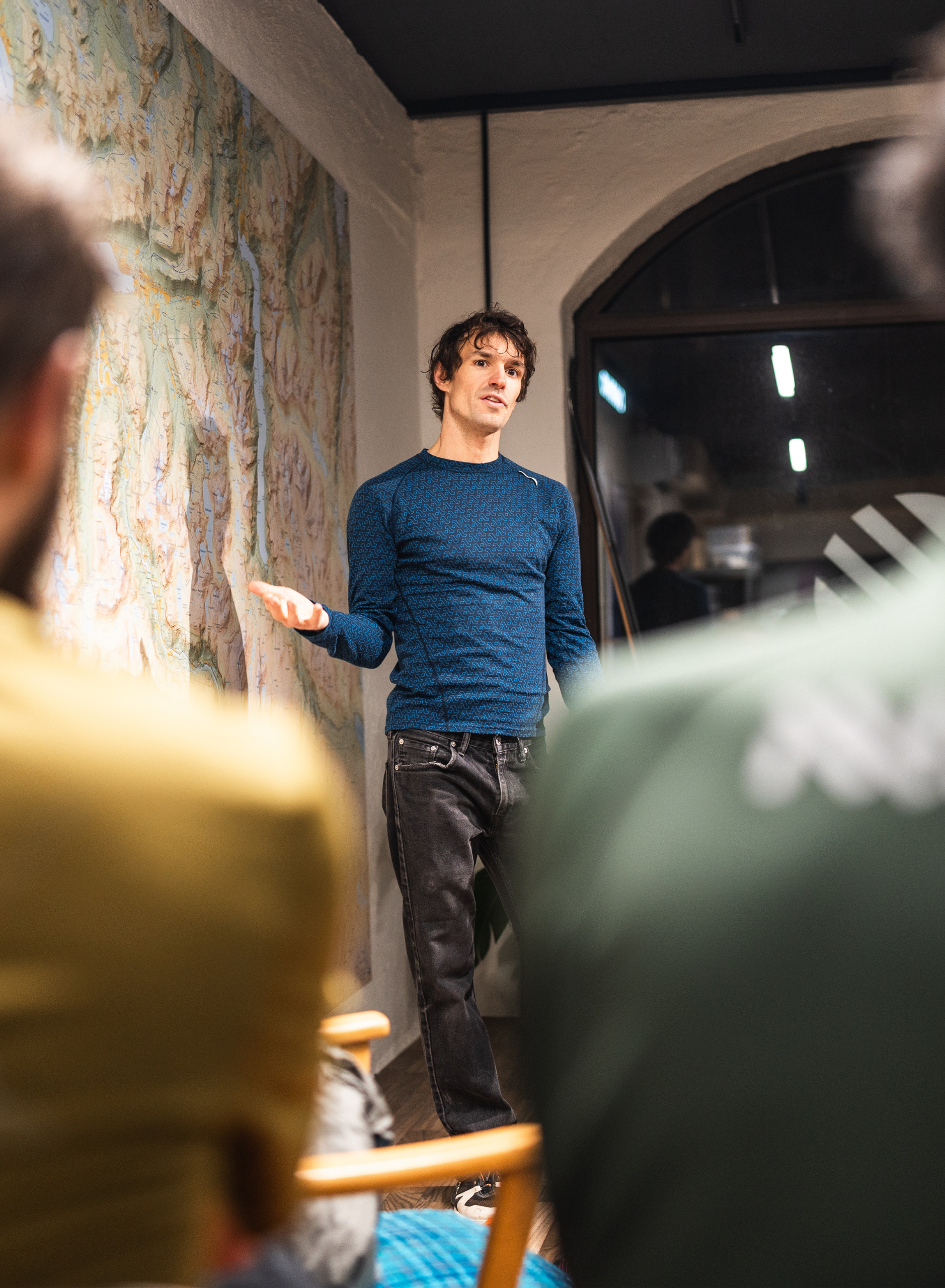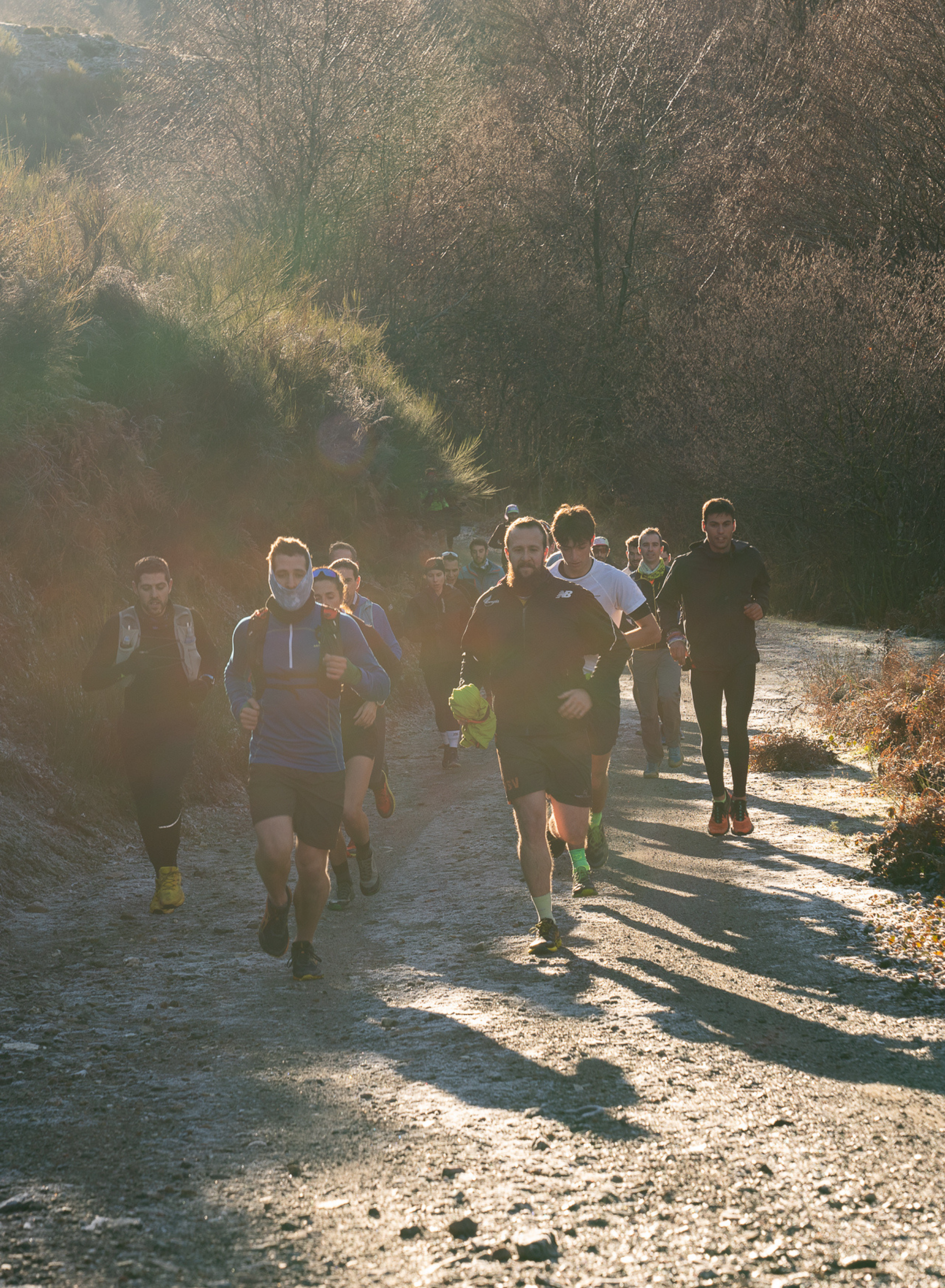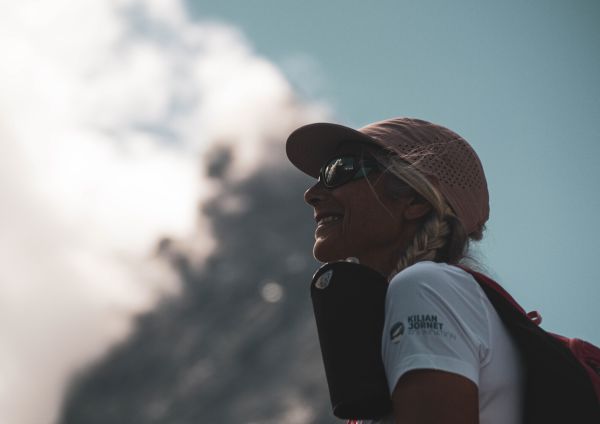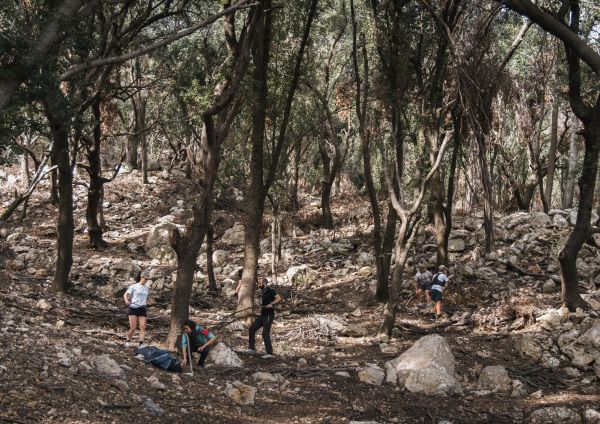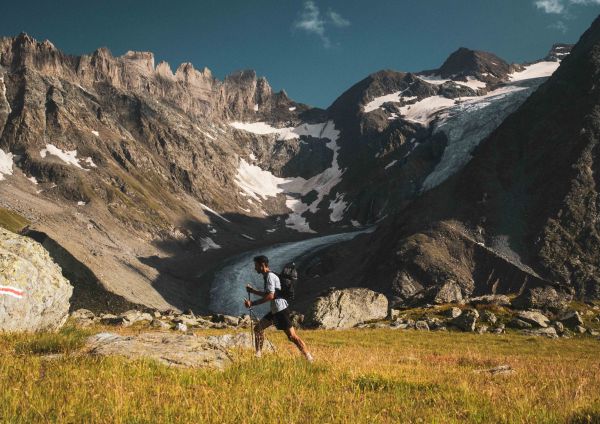Running Minds For the International Mountain Day 2024: A Global Step Toward Mountain Conservation


On Saturday 14th of December, over 250 enthusiasts of nature and outdoor sports joined the Kilian Jornet Foundation to celebrate International Mountain Day through our Running Minds initiative! Across 8 unique global locations, participants came together to explore critical environmental topics while running through diverse landscapes, from busy cities to peaceful mountain communities.
Each run triggered meaningful discussions led by NNormal advocates, who are also scientists, and other sustainability experts, diving into themes like mountain ecosystems, biodiversity, glaciers, permafrost, green energy, and the important role of local communities in protecting these fragile spaces.
Running Minds is more than a series of events; it’s a growing movement designed to inspire learning, awareness, action, and connection. By running together, we reflect on the vital importance of protecting mountain environments for the future.
Tap to read more about each run…
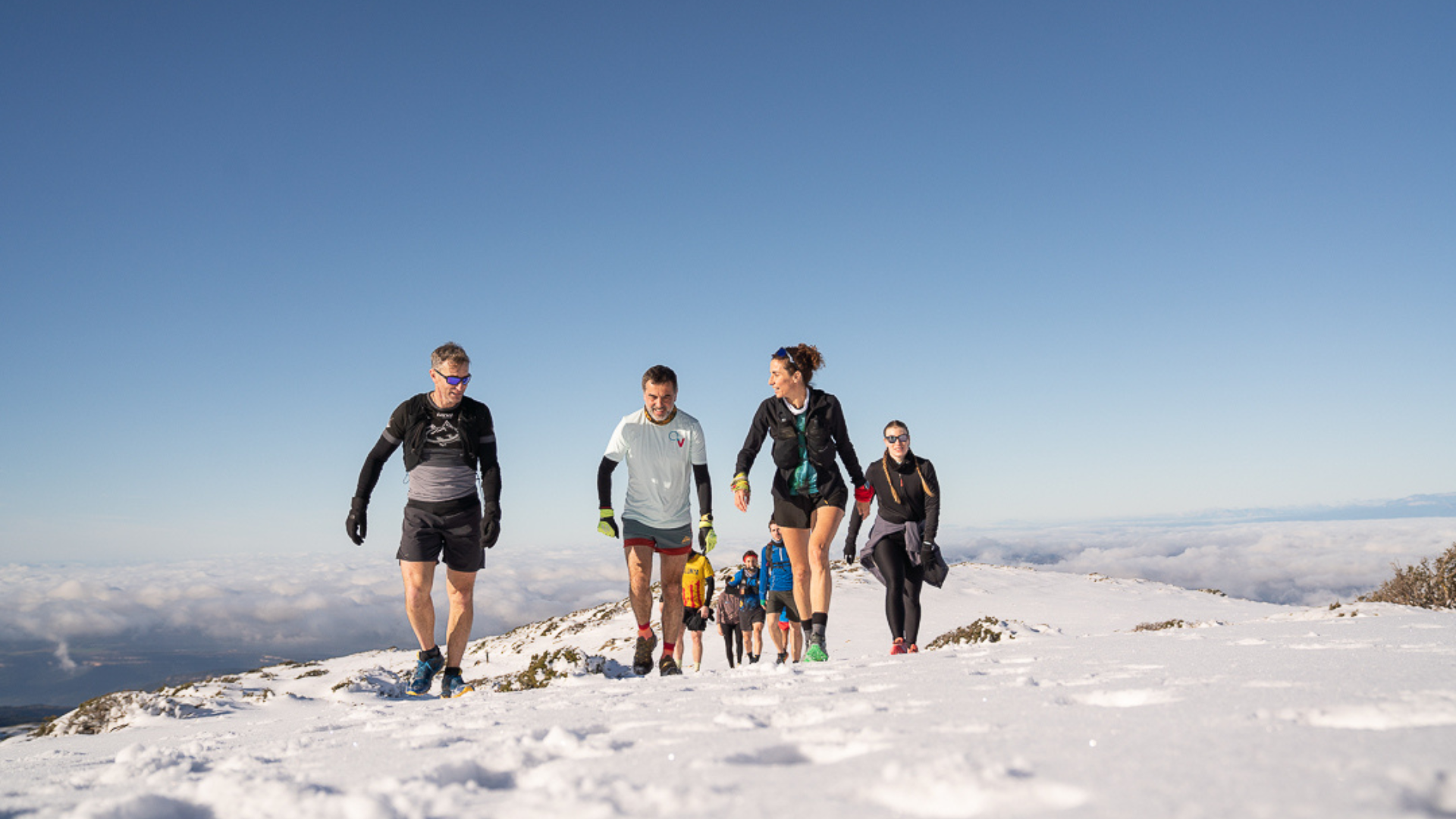
45 runners joined the event in Parc Natural del Montseny, led by Sandra Blasco Nanot, a NNormal athlete and geologist. The trail took them to the summit of Matagalls (1697m), one of the highest peaks in the park. Along the way, Sandra explained how the altitude and proximity to the sea allows Montseny to host a wide variety of habitats, resulting in a high biodiversity of flora and fauna, including endemic species such as the Montseny brook newt, an amphibian at risk of extinction. We also explained the geological context of the Montseny massif, introducing some basic concepts about the lithology and age of its rocks, how these influence the current landscape, and the importance of its forms and structures as geological values to be preserved in the area.
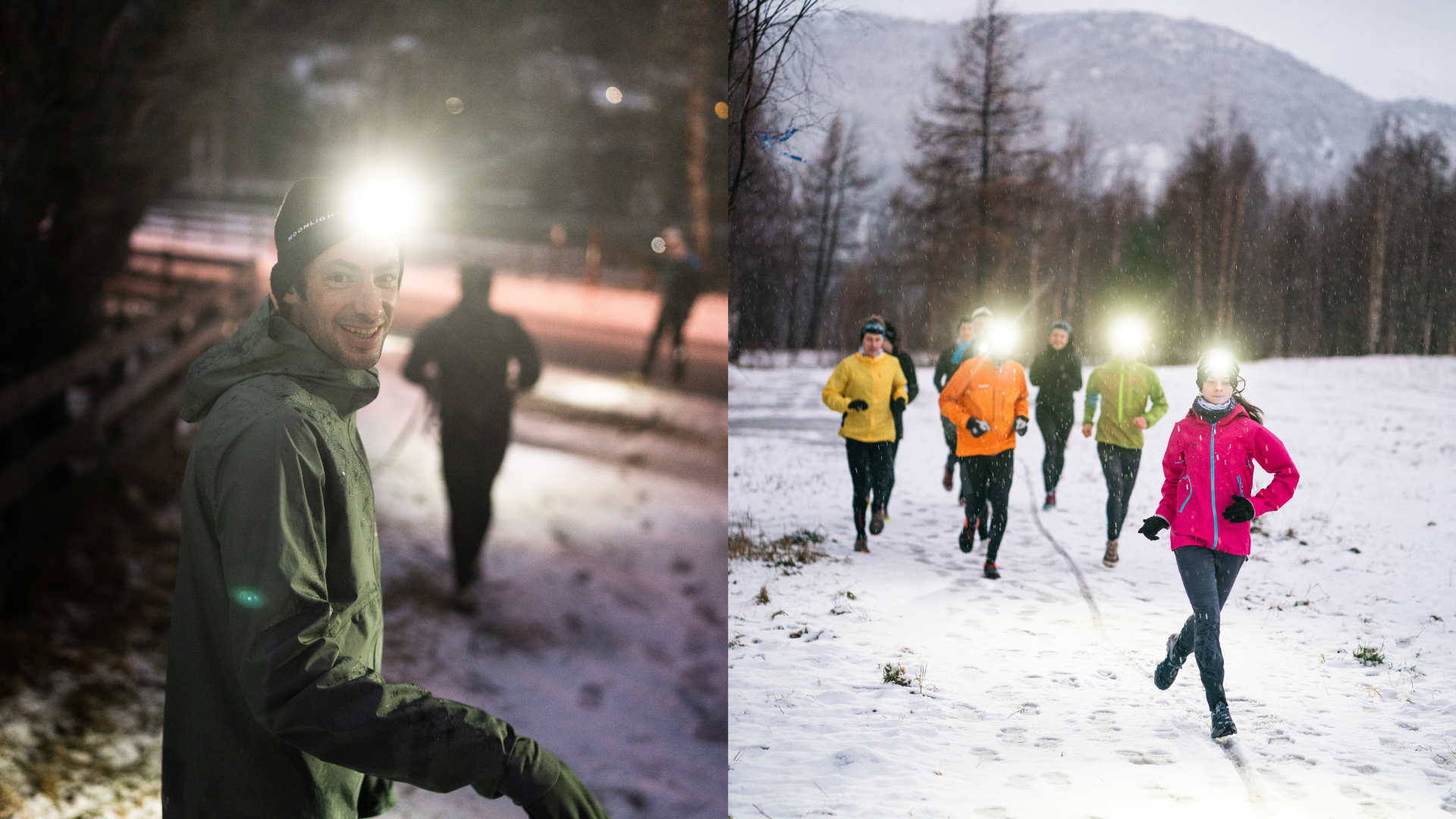
In Ändalsnes, Kilian Jornet and Pascal Egli led a very interesting and science-driven Running Minds event focused on the consequences of Permafrost thawing. Pascal, a renown glaciologist, explained that due to deterioration and warming of permafrost, rock slides in Western and Northern Norway have become more frequent. Regretfully, Romsdal already has warmed up by 1.5 degrees Celsius and there are currently 6 permanently monitored rockslides. Thanks to sophisticated early warning systems developed by scientists, people can be evacuated in case of emergency when a rockslide is expected. Other topics of discussion included what each of us, and the system, can do about climate change: we must invest in sustainable development, vote, advocate or change to a plant-based diet.
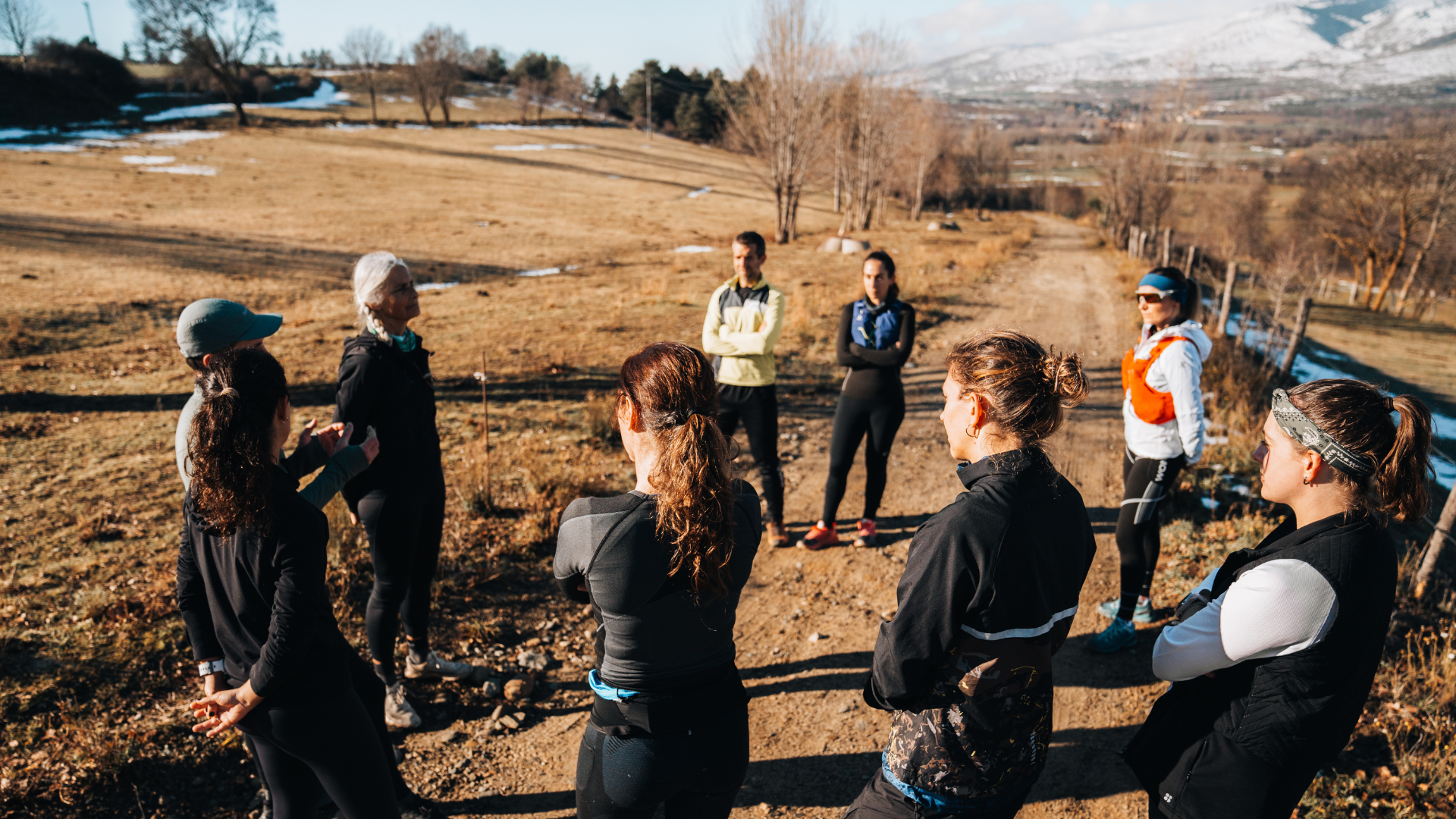
In Puigcerdà, in the heart of the Pyrenees, we find the headquarters of the Kilian Jornet Foundation. Here, Núria Burgada (education coordinator of the KJF), Gerard Vila (KJF Director), and Laura Viñals (Communications & Project Manager of the KJF) led the Running Minds event, explaining the projects that the Foundation is developing to protect mountains and raise awareness about their importance. They discussed a new 3-years co-funded project by the Generalitat de Catalunya, which is developed in the natural area of Tossa Plana de Lles and Puigpedrós. Here, the Foundation is carrying out conservation actions for these natural spaces, conducting research on local species, and organizing educational and awareness activities for the general public.
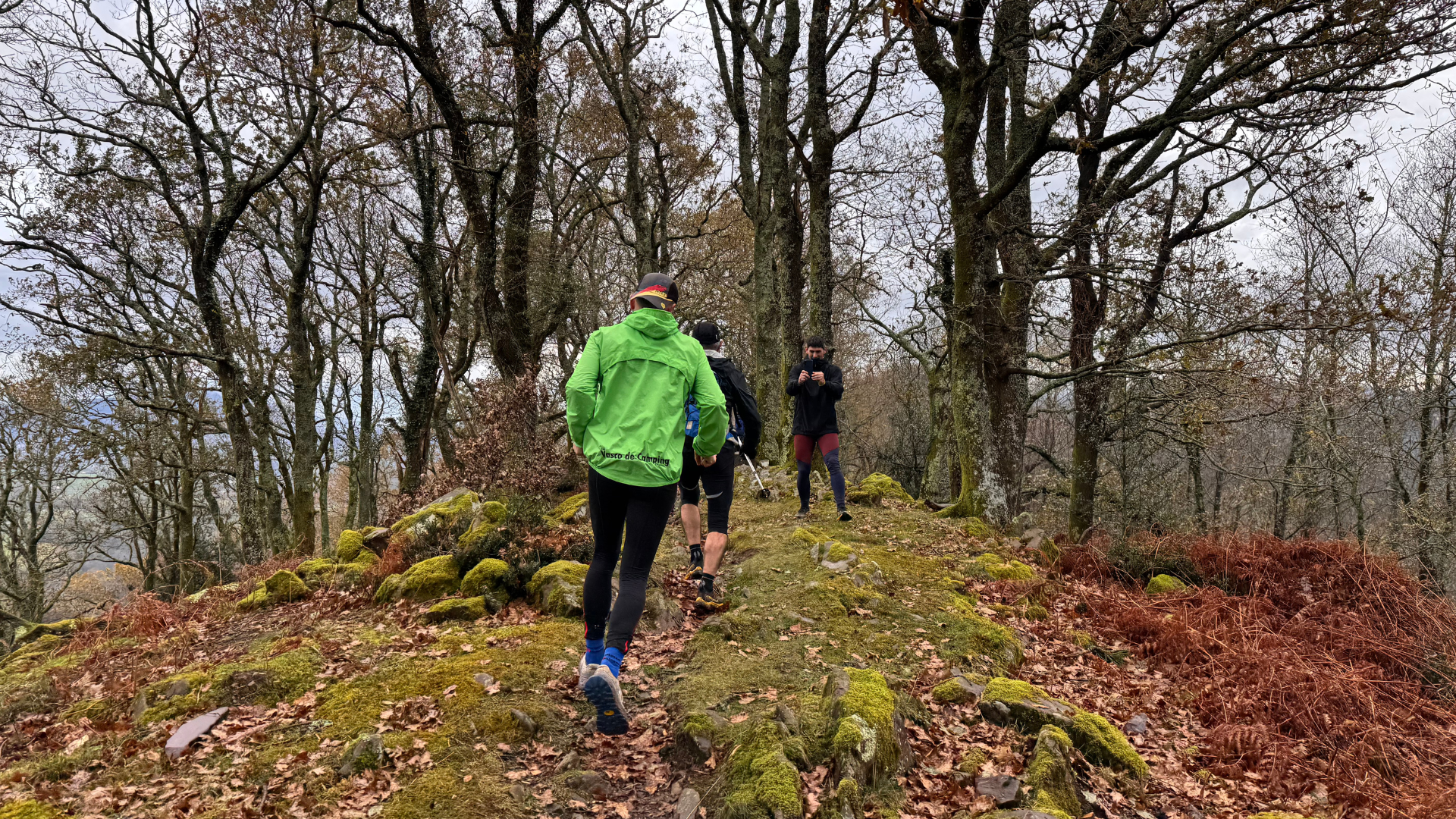
20 participants with a diverse background (philosophers, geologists, sociologists) and ages joined this initiative led by Naila Jornet, Ion and supported by ieTeam Consultors. They were asked to reflect on the relationship between humans and nature. One of the highlights was the intergenerational connection between participants and mountains. The mountain emerged as a link for the evolution of societies: their ways of life, trades, culture, and even language. At the end of the run participants were asked if this experience had changed their way of seeing their environment. The answer was clear: definitely yes.

During the event in NYC, Thierry Soudee, Ferdinand Airauld and the energy expert Nicole Pavia explored sustainability through the lens of two major contributors to greenhouse gas emissions: buildings and waste. Unlike many U.S. cities, NYC’s emissions aren’t dominated by the transportation sector thanks to its public transit system. Instead, buildings account for two-thirds of NYC’s emissions, with many relying on outdated heating and cooling systems. Laws like Local Law 97 aim to reduce energy use in larger buildings, but everyday residents can also contribute by sealing windows, upgrading appliances, and conserving energy. On the waste side, NYC’s goal of achieving Zero Waste by 2030 highlights initiatives like curbside composting, recycling programs, and community traditions like Mulchfest, where holiday trees are turned into mulch for parks.
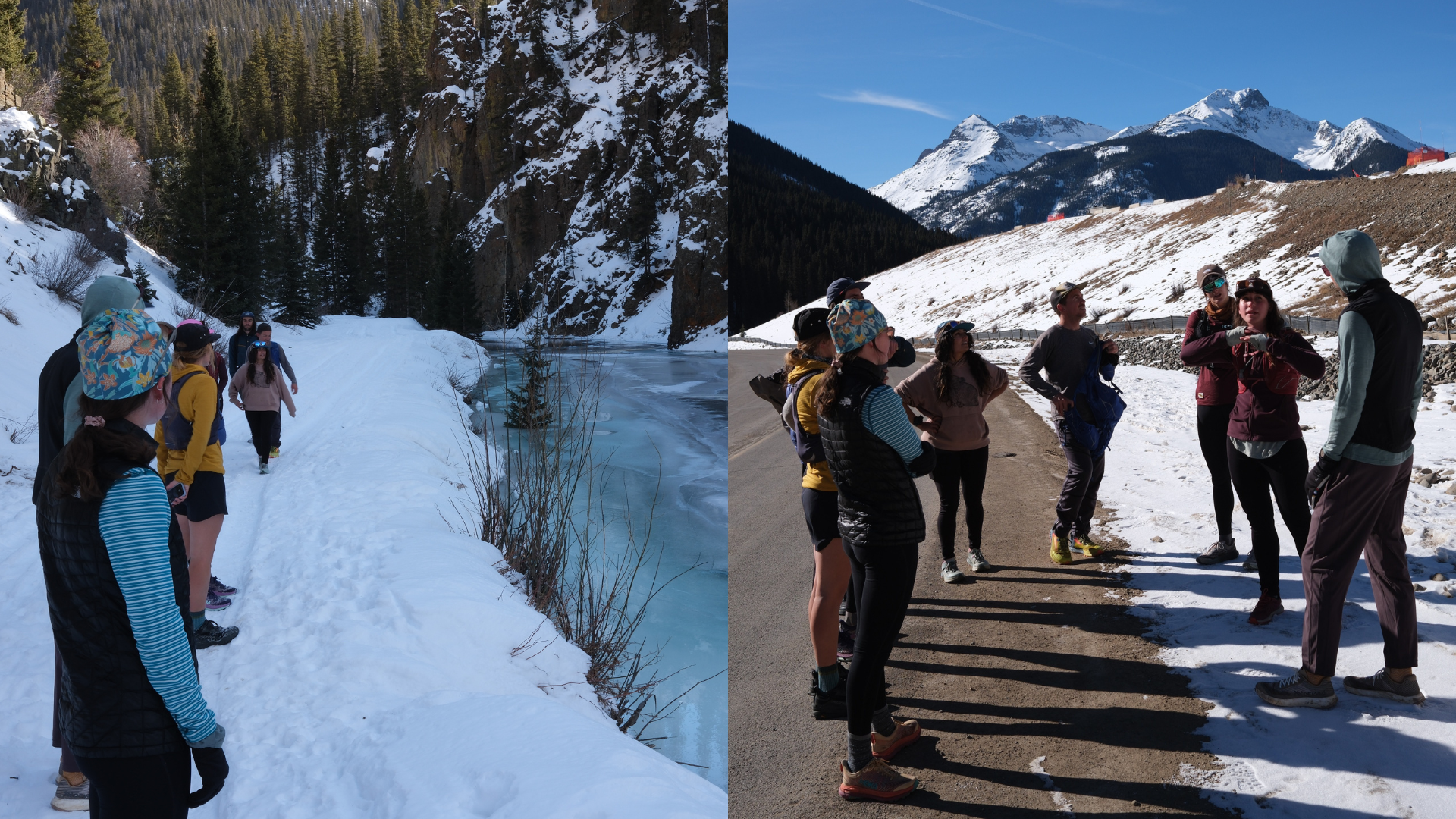
In Silverton, Colorado, the event led by Hannah Green highlighted the critical work being done to address the impacts of historic mining on the San Juan watershed. Participants learned about the importance of filtering water containing heavy metals from mining and the old infrastructure in town. The old caverns and mines are currently filled up with water creating an intermountain reservoir, which continues releasing heavy metals. Fortunately, efforts are underway to treat this water through a process called “reverse mining,” which removes harmful metals and makes the water chemically inert. Many locals are actively involved in supporting this initiative.

In Leavenworth WA, USA, Christopher Carter highlighted the global significance of mountains as vital ecosystems while emphasizing the power of local stewardship. Each runner identified their own definition of what mountains mean to them and why they would like to care for them. Local Indigenous leadership underscored the deep connection between ancestral knowledge and sustainable mountain care. Presentations with environmental groups showcased how partnerships can connect users and amplify stewardship efforts. Ultimately local mountain runners, and mountain lovers identified how they play pivotal roles in organizing communities, fostering connections to these sacred landscapes, and inspiring others to care for and protect mountain lands and waters through the shared joy of movement in these extraordinary places.
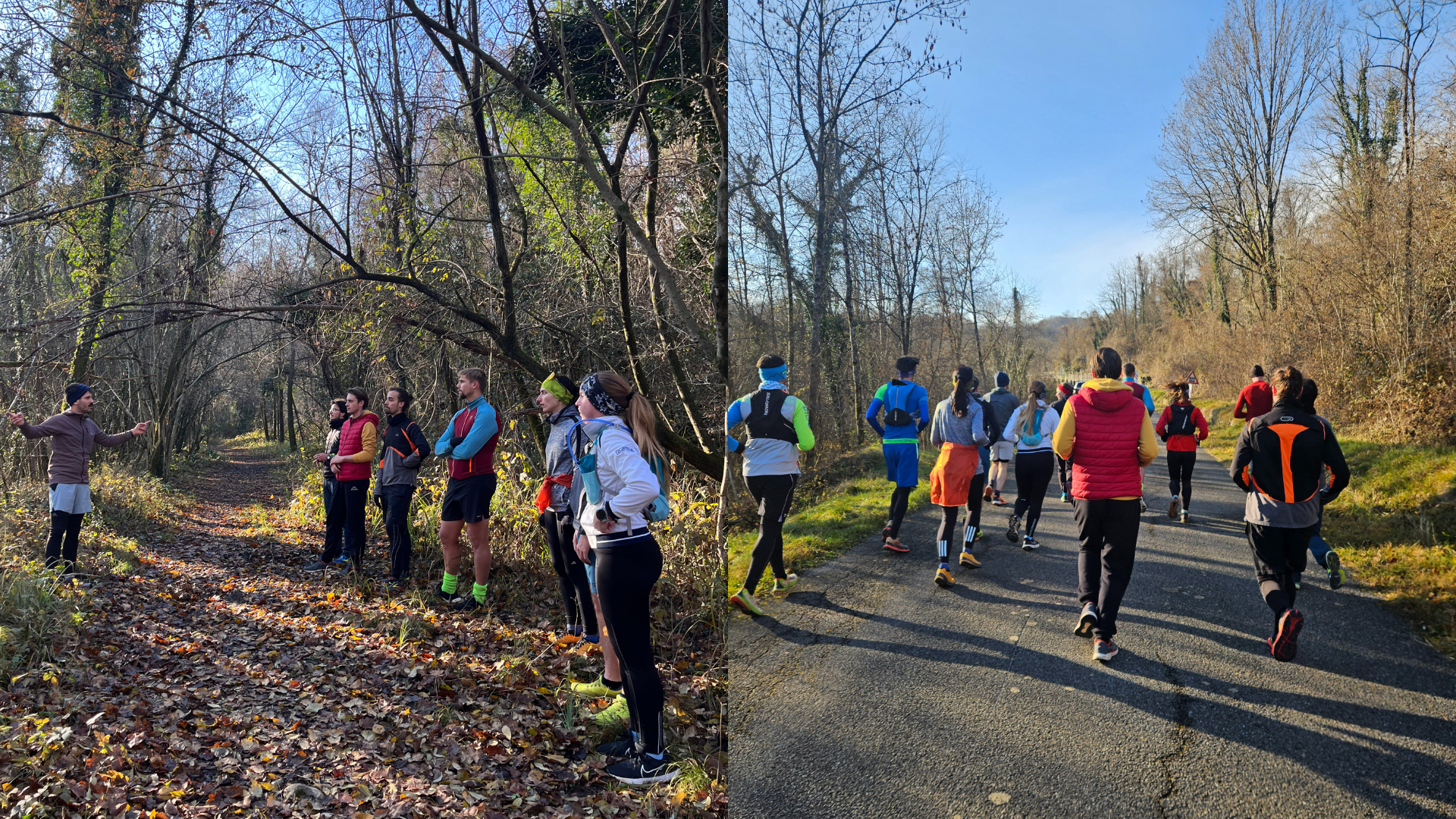
In the Italian Running Minds, we found ourselves in Flagogna, a small village nestled in the hills at the border between the provinces of Udine and Pordenone. A little-visited yet incredibly fascinating place, it marks the exact point where the Tagliamento River, known as the King of Alpine Rivers, transitions from a mountain stream to an official river. Not just any river, but a global rarity studied by scientists worldwide for its braided channel configuration. Together with the race participants, we admired its beauty from various scenic viewpoints and discussed the importance of preserving the uniqueness of this place by minimizing human interventions along its course.
